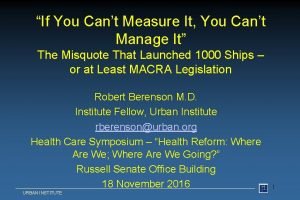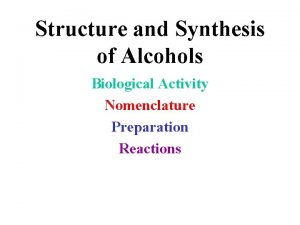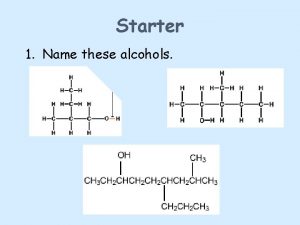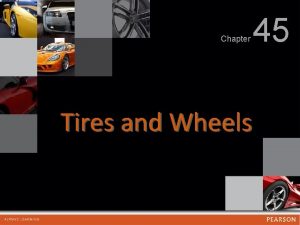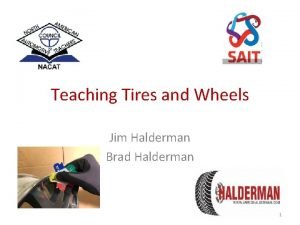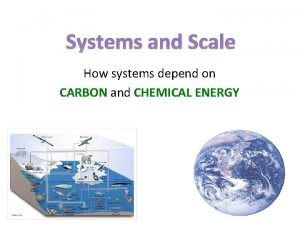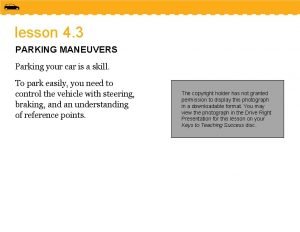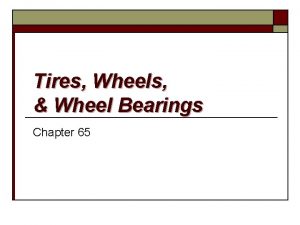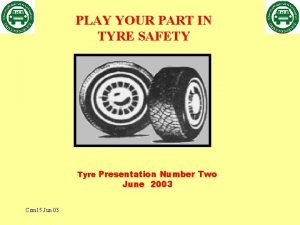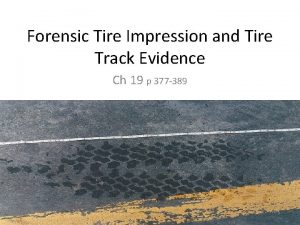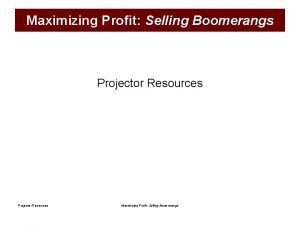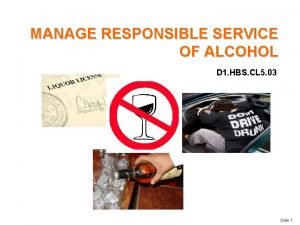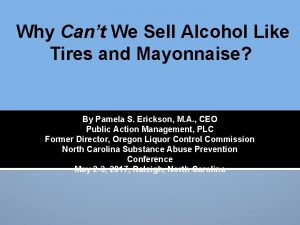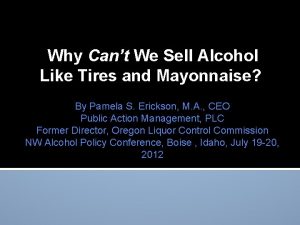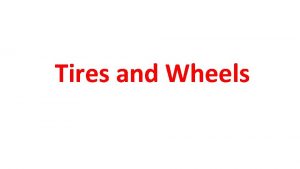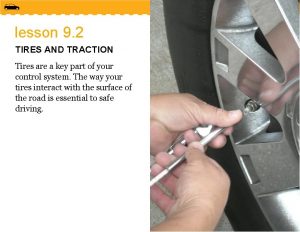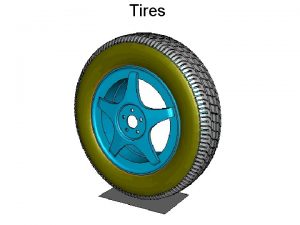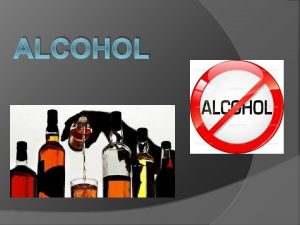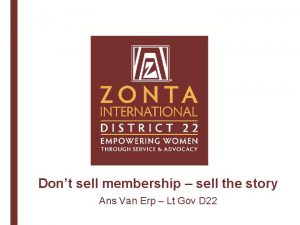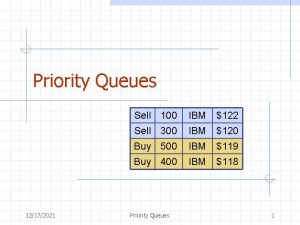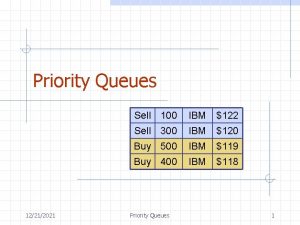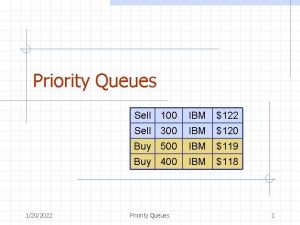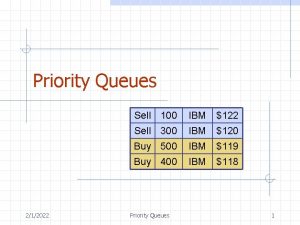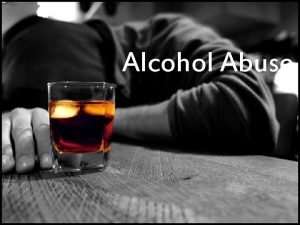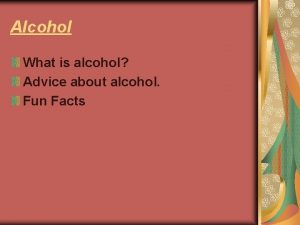Why Cant We Sell Alcohol Like Tires and



























- Slides: 27

Why Can’t We Sell Alcohol Like Tires and Mayonnaise? By Pamela S. Erickson, M. A. , CEO Public Action Management, PLC Former Director, Oregon Liquor Control Commission NW Alcohol Policy Conference, Boise , Idaho, July 19 -20, 2012

We need effective measures to reduce alcohol harm � � � CDC estimates 79, 000 deaths occur due to alcohol annually. Contrast with 6, 000 people lost in two wars. Despite progress on underage drinking, it is still unacceptably high. Alcohol is a causal factor in crime, domestic violence and other social problems. In 2010, 228 people died and 345, 000 were injured from drunk driving crashes. If a new product came on the market and created that number of tragedies, there would be mass hysteria!

Workshop Objective: Encourage greater community use of local and state alcohol regulations which curtail price, promotion, product and place. Learning segments: q q q Why common business practices create problems for alcohol. How alcohol regulations work to curb these business practices. What research says about alcohol regulation. Examples of deregulation and problems that ensued. Ways to strengthen alcohol regulation relating to price, promotion, product and place. What communities can do.

So why do we need special regulations for businesses that sell alcohol? Because some normal business practices — quite legitimate for other commodities — may produce social harm when alcohol is sold.

As an illustration, imagine you decide to buy a floral business…

business plan would include: Your 1. Efforts to retain and increase customers who are “frequent buyers” of flowers 2. Discounts and promotions to gain new “flower-loving” customers 3. Advertising to young people to build a future customer base

What happens when you substitute alcohol for flowers? Your business plan calls for: q Marketing to heavy drinkers and alcoholics. Estimates of underage market are 11 -18%; 5 -20% drink heavily or above recommended levels. q Use of volume discounts to encourage heavy use. q Marketing to youth to encourage present and future alcohol use. �Market Regulations Prevent this Scenario: Large Quantities of Cheap Alcohol Widely Available and Heavily Promoted

In general, here is how alcohol works to control business practices: 1. Price: keeps prices reasonably high and prevents price wars. Low prices increase consumption, particularly among youth. 2. Promotion: curtails or bans promotions that encourage high volume consumption. 3. Product: controls or bans dangerous or high potency products. 4. Place: limits availability

What does research say about these alcohol regulations? Credible research from public health officials such as the Centers for Disease Control and the World Health Organization have confirmed the effectiveness of basic alcohol regulations. � Example: “Alcohol, No Ordinary Commodity, ” Second Edition): the strong strategies are “restrictions on affordability, availability and accessibility, as well as drink-driving deterrence measures” �

Let’s see what happens when alcohol is sold in a free or deregulated marketplace

Look what happened in the retail sector before Prohibition: � Alcohol sold primarily in “Tied House” saloons. Large, out of state manufacturers own many retail outlets. � Most common drink was beer, sold in glasses, kegs and buckets. � Aggressive sales promoted high volume drinking. � Social problems: public disorder, intoxication and addiction, family wages squandered, prostitution, gambling.

The saloon system is ancient history. It can’t happen today. �But deregulation in the United Kingdom has fostered an alcohol epidemic. � Today alcohol is available in bars, clubs and grocery stores 24 hours a day, 7 days a week. � Underage drinking rates are twice ours; hospitalization and disease due to alcohol have doubled in just 10 years. Source: Oxford Univesity Press, Medical Council on Alcohol, c 2012

UK alcohol epidemic: Large grocery chains are widely blamed as prices fall and promotion is aggressive Four large chains control 75% of the market. Most use alcohol as a “loss leader”. Pre-drinking, before going to bars, has increased. The large chains are locked in price wars.

A US example of deregulation: Washington State • Costco re-wrote 60 pages of state alcohol laws and gave $22 million to a campaign to pass a ballot measure in November 2011 to privatize spirits and deregulate wine. • The re-written statutes have increased availability of spirits from 328 state stores to over 1, 500 outlets (and more are likely) • Private system started June 1 and no one seems happy! Simplistic ideas dealing with complex problems rarely work.

Pressure to deregulate: Hyper-competitive grocery market and governments needing revenue � * Supermarket chains have become a dominant force in the alcohol market. They want to sell all forms of alcohol in lightly regulated environments. � * Many new outlets as drug stores, convenience stores, “dollar stores” apply for licenses. � * Governments are desperate for revenue and seem willing to ignore likely consequences.

We should not be swayed by a need for customer convenience because MOST Americans are not frequent alcohol consumers! American Alcohol Consumption 5% Do not drink 15% Drink 1 - 11 per year 39% Drink 3 or less per week Moderate drinkers Heavy drinkers 29% 12%

The cost of getting it wrong is high as reregulation takes time and problems will fester This isn’t Russia. Democracies require slow deliberation for wise decision-making. (In contrast, Russia solved problems with casinos in 2009 by closing them all down!) � Industry has considerable power. Meanwhile public health is often silent due to grant prohibitions on “lobbying. ” � It pays to be very careful when considering deregulation as it will be �

How can we avoid an alcohol epidemic?

Our greatest protection is an effective alcohol control system which addresses the ABC’s of regulation: � � � Availability. Allows alcohol to be sold by the bottle and the drink, but limits the number, location, types of alcohol products, and hours of outlets. No “Bargain Booze”. Regulations balance prices, control price competition, and restrict dangerous marketing and promotional practices. Children and Teens. Age restrictions protect young people from the serious problems of underage drinking. Drunk driving. Creates and enforces strict measures against drinking and driving—sobriety checks, blood alcohol limits, driver’s license suspension. Education and Enforcement. Uses the carrot of education (alcohol awareness programs, “schools” for offenders) and the stick of enforcement (fines, community service and jail) when education fails. � Source: Adapted from World Health Organization recommendations.

How to curb cheap alcohol? Taxes usually work but are politically difficult to increase. There are other ways that may be easier: fee increases, new fees, special privilege fees (late night), rules against multiple buys for reduced price. In some states, the alcohol industry supported some increased fees.

How can you get dangerous products off the shelf or behind the counter? � State liquor boards may have authority to remove such products. � Control states may de-list products sold in state stores. � Community pressure on local stores. � Community pressure on manufacturer.

How to prevent promotions which encourage heavy drinking: � Many states have specific rules or laws prohibiting volume discounts, coupons and multiple buys. � Some states have rules against high volume drink promotions. � Some states allow local communities to have such rules. � It’s possible to get industry support as good licensees do not like risky practices.

How stop proliferation of alcohol outlets � Many states have quotas on various types of licenses and/or give communities some say in license decisions. � Other ways: zoning, local ordinances, nuisance statutes.

What can community members do? Education about the value of our regulatory system and the importance of price, promotion and availability. � Survey community environment to assess prices, promotions and availability of alcohol. � Review current regulatory measures that impact price and availability. � Advocate for current and enhanced regulatory systems. �

Key Takeaways: � Alcohol regulations impacting price, product, promotion and place are some of the strongest and most effective strategies as confirmed by credible public health research. � Deregulation usually results in serious social problems that are hard to reverse. � Community leaders should review their state and local regulations to see how they could be strengthened or better enforced to help reduce alcohol problems. � Community coalitions can be very effective in making changes and can even get local business

Resources on Regulation/Deregulation: � � � � “ 2012 Issue Briefs for States, Brief Explanations of Common Regulatory Issues Facing State and Local Communities, ” www. healthyalcoholmarket. com “Alcohol Outlet Density and Public Health”, Alcohol Justice (formerly The Marin Institute): www. alcoholjustice. org “Alcohol Policy Research & Alcoholic Beverage Control Systems: An Annotated Bibliography & Review, ” NABCA, National Alcohol Beverage Control Association. “Preventing Excessive Alcohol Consumption, ” Guide to Community Preventive Services, www. thecommunityguide. org “The Dangers of Alcohol Deregulation: The United Kingdom Experience: 2012 Update, ” Pamela S. Erickson, www. healthyalcoholmarket. com “The High Price of Cheap Alcohol, ” Pamela S. Erickson, www. healthyalcoholmarket. com Toward Liquor Control, Raymond B. Fosdick and Albert L. Scott, Center for Alcohol Policy, www. centerforalcoholpolicy. org “What are the most effective and cost-effective interventions in alcohol

For more information: contact Pamela Erickson, pam@pamaction. com or visit website healthyalcoholmarket. com. Website has: � Monthly newsletter, educational pieces, Power. Point presentations from conferences. (These are free!) � Recent updated report on UK, “The Dangers of Alcohol Deregulation: the United Kingdom Experience, 2012 Update” can be downloaded from website. � Issue Briefs for 2012 has simple explanations of alcohol regulatory issues as well as
 Quotes measurement
Quotes measurement Can't manage what you don't measure
Can't manage what you don't measure Why why why why
Why why why why Epoxide reaction with grignard reagent
Epoxide reaction with grignard reagent Oxidation of a primary alcohol
Oxidation of a primary alcohol Why cant we see atoms
Why cant we see atoms Why we cant see air
Why we cant see air What city does romeo go to
What city does romeo go to 45 tires and wheels
45 tires and wheels 70 degree fahrenheit to celsius
70 degree fahrenheit to celsius Why does ethanol look like water but behave more like wood?
Why does ethanol look like water but behave more like wood? Mitas tires north america inc
Mitas tires north america inc 4 parking maneuvers
4 parking maneuvers Cory parag
Cory parag Nankang dot code
Nankang dot code A small sports car collides head on
A small sports car collides head on Tubeless tires
Tubeless tires Os tires
Os tires Was invented by stephanie kwolek in 1966
Was invented by stephanie kwolek in 1966 When tires are underinflated, it leads to ______.
When tires are underinflated, it leads to ______. Which type of muscle tires quickly during exercise
Which type of muscle tires quickly during exercise Safety ridges wheel
Safety ridges wheel 205r80 12 tires
205r80 12 tires Friction is ______ if your tires are under-inflated
Friction is ______ if your tires are under-inflated Tire impressions
Tire impressions Phil and cath make and sell boomerangs
Phil and cath make and sell boomerangs Dont ask why why why
Dont ask why why why Why is it irresponsible to serve jugs of alcohol
Why is it irresponsible to serve jugs of alcohol

